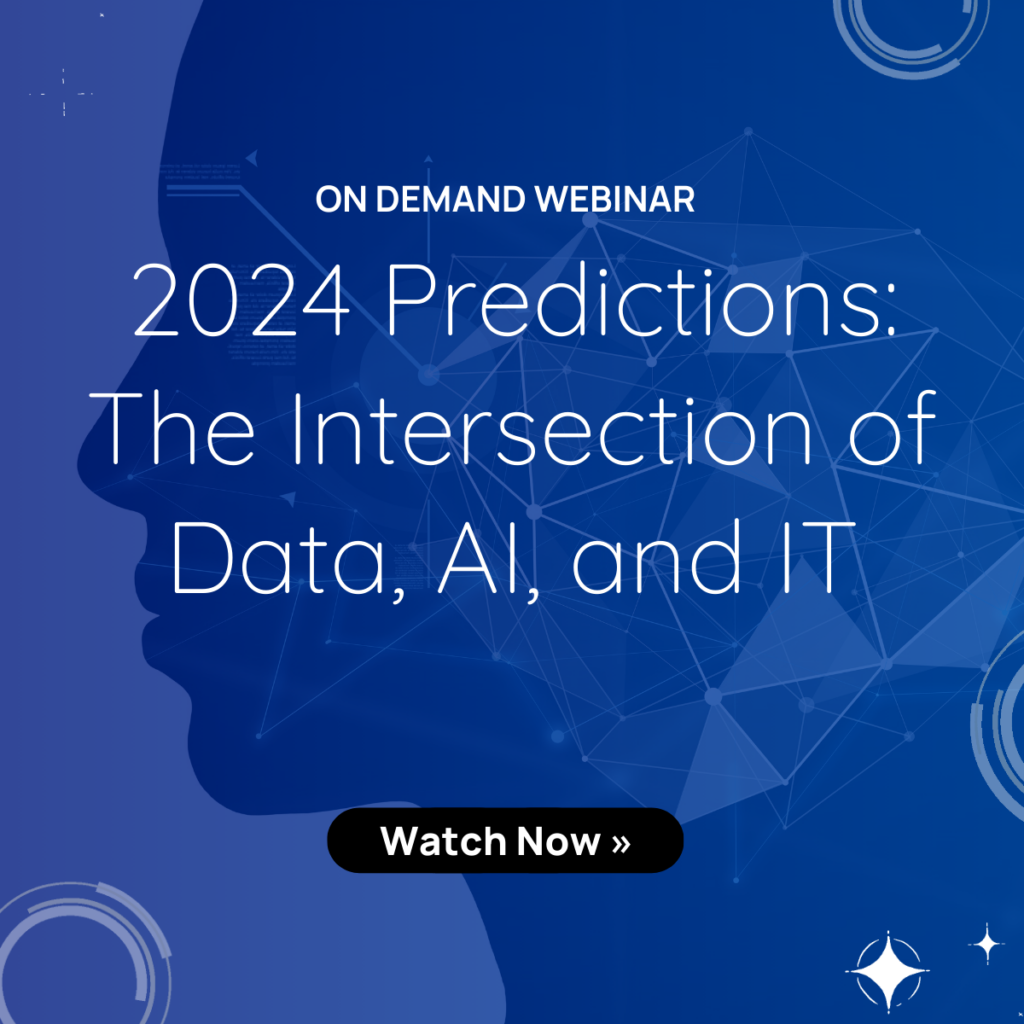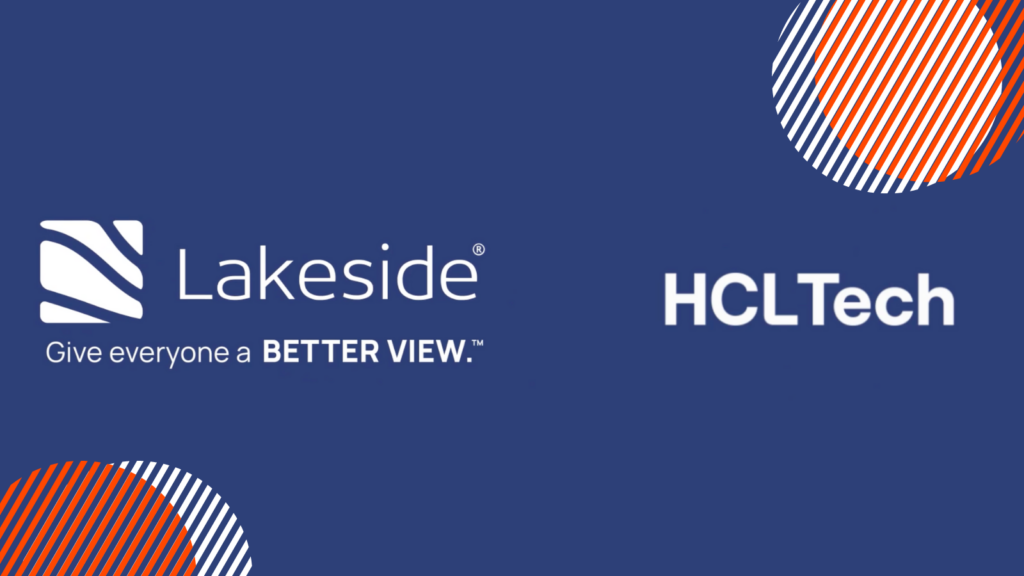
What will IT teams need to consider about the digital employee experience in 2024?
Elise Carmichael, Lakeside Software Chief Technology Officer
Despite some push toward Return to Office (RTO) policies, every company is going to have to plan for a hybrid workforce model — no question about that. It will be imperative that companies ensure that the digital employee experience is the same whether the employee is working from home or in the office. The transition to and from must be a seamless one, or employees will get frustrated and lose productivity. No one working from home will want to log in to 10 systems to get the same kind of access at home as they do in the office. It’s also worth noting that battery health and its impact on device performance will continue to be super important as employees carry their laptop between environments.
Mike Schumacher, Lakeside Software Founder
In terms of RTO from an IT and DEX perspective, I would say that companies are going to have to support both working models forever. Since employees will have two sets of equipment, IT will have to deal with synchronization and ensuring that employees have the same experience on both home and office devices — or employees will become especially frustrated. The bar will be higher for IT to deliver a great experience either way while still dealing with compliance, security, and many other IT issues at the same time.
What issues will IT help desk teams face in 2024?
Geoff Hixon, Lakeside Software Vice President of Solution Architects
The younger generations want to fix things themselves, and they want to be independent. IT leaders will have to focus more and more on enabling a frictionless digital employee experience for Gen Z employees. From an IT perspective, teams will have to be able to run the gamut of multiple generations in the workplace with different expectations.
Gijs Jekel, Lakeside Software Head of Go-To-Market (GTM) Operations
Companies will have to consider the impact of multiple generations working in IT itself. Early-career IT staff have not had to experience the early years of IT when everything was clunky and basic, and you could program in the actual computer language that the computer spoke itself. There’s no way you could easily do that as computers have become vastly more complex. Today’s new generation of IT does not have to understand the basic principles of how computers work because they have been exposed to it. So helping out level 1 and level 2 IT agents through automation and AI will become increasingly important.
What role will data play for IT operations in 2024?
Guy Lever, Lakeside Software Senior Vice President of Customer Success
Because data in and of itself is not valuable, large companies will want access to as much data as possible to turn that data into intelligence that can drive business decisions. So the more data SaaS companies like Lakeside Software can give them, the better. What IT teams will care about most is the processing of the data to discover the answers that drive the actions is all anyone is looking for.
Geoff Hixon, Lakeside Software Vice President of Solution Architects
2024 will continue to be about data because more data means better AI models. Having a lot of data still means that we need to first understand context for what is right and wrong to be able to train the AI properly. So it will be important to harness more complex data to make better-functioning AI models, as your AI is only going to be as good as your data. If you’re relying on AI based on only a couple hundred data points that’s collected every 15 minutes, you are not going to have a great AI model.
What are predictions about AI and generative AI in the coming year?
Geoff Hixon, Lakeside Software Vice President of Solution Architects
Early generations of IT people in the trenches pounded keyboards, dug in, did research, and gained a deep understanding of how computers work. We had A++ certifications and had to understand the programming aspects of computers. That is not required today of the new generation of IT, especially as computers have become more complex. AI will bring back the learning curve for our younger IT generation of users who may not truly understand the ins and outs of computers, bridging the gap between generations in understanding IT and how computers fundamentally work.
What will be the biggest obstacle to adoption of generative AI?
Mike Schumacher, Lakeside Software Founder
With generative AI models, it will take time to build confidence that it will do the right things. This coming year, I think there will be challenges related to trusting the model.
Guy Lever, Lakeside Software Senior Vice President of Customer Success
I predict that the trust issue will be tremendous. Generative AI is very exciting, but it will take many organizations a while to get comfortable with it. There will be the feeling of a loss of control — that decisions are being made by a machine.
Elise Carmichael, Lakeside Software Chief Technology Officer
Keeping the “human in the loop” will remain crucial in the coming year— where you constantly verify what you’re doing with the model to humanize and validate what’s going on.
Subscribe to the Lakeside Newsletter
Receive platform tips, release updates, news and more




